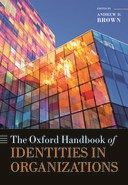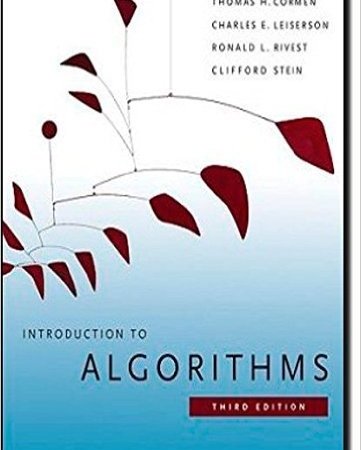Conceived as the meanings that individuals attach to their selves, a substantial stockpile of identities-related theorizing, accumulated across the arts, social sciences and humanities over many decades, continues to nourish contemporary research on self-identities in organizations. Moreover, in times which are more reflexive, narcissistic and liquid the identities of participants in organizations are increasingly less fixed, less secure and less certain, making identities issues both more salient and more interesting. Particular attention has focused on processes of identity construction (often styled ‘identity work’), how, why and when such processes occur, and their implications for organizing and individual, group and organizational outcomes. This has resulted in a burgeoning stream of research from discursive, dramaturgical, symbolic, socio-cognitive, and psychodynamic perspectives that (most often) casts individualsâ efforts to fabricate identities as intentional, relational, and consequential. Seemingly intractable debates centred on the nature of identities â their relative stability/fluidity, whether they are best regarded as coherent or fractured, positive (or not) and how they are fabricated within relations of power â combined with other conceptual issues, continue to invigorate the field, but have led also to some scepticism regarding the future potential of identities research. As the chapters in this handbook demonstrate, however, there are considerable grounds for optimism that identity, as root metaphor, nexus concept and means to bridge levels of analysis, has significant generative utility for multiple streams of theorizing in organization and management studies.







نقد و بررسیها
هنوز بررسیای ثبت نشده است.